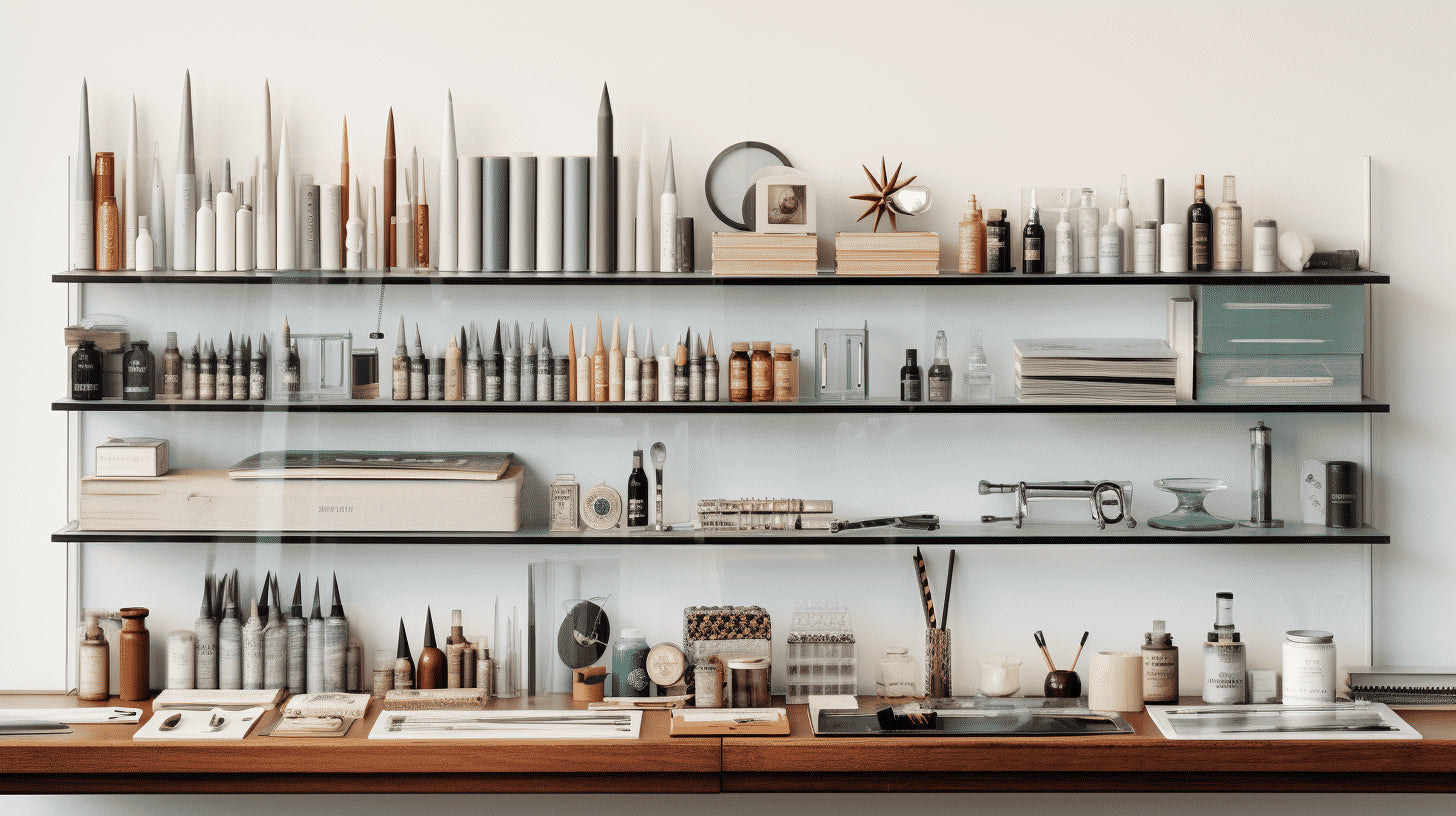
From Hobby to Heirloom: Growing Your Collection of Unique Writing Instruments
Welcome to the world of writing instruments! Whether you're just starting out or have been collecting for years, there's something truly captivating about owning unique and exquisite pens, pencils, and fountain pens.
In today's digital age, where most of our communication happens electronically, writing instruments have become more than just tools for jotting down notes. They have transformed into symbols of creativity, status, and personal expression. From luxurious fountain pens adorned with intricate designs to sleek and minimalist ballpoint pens, the writing instruments market offers a wide range of options to suit every taste and style.
In this article, we will explore the joys and intricacies of building your collection of unique writing instruments, from the initial steps of identifying your interests to preserving and passing on your cherished pieces for generations to come. We will also delve into the flourishing global market for writing instruments and provide valuable tips on choosing the right pieces for your collection.
So, whether you're a seasoned collector or a novice enthusiast, get ready to dive into the fascinating world of writing instruments, where beauty meets functionality and personal expression knows no bounds. Let's embark on a journey filled with passion, craftsmanship, and the joy of owning one-of-a-kind treasures that can be passed down as heirlooms.
The Global Writing Instruments Market
When it comes to putting our thoughts on paper, there's nothing quite like the feeling of a smooth pen gliding across the page or the satisfying click of a mechanical pencil. Writing instruments have been a staple in our lives for centuries, and the global market for these essential tools is thriving. In this section, we will explore the current size of the writing instruments market and its projected growth in the future.
Current Market Size
The global writing instruments market is a substantial industry, valued at $17.08 billion in 2022, according to reported industry data[1]. With a wide range of options available, including pens, pencils, markers, and highlighters, this vibrant market caters to various writing needs and preferences. From students and professionals to artists and enthusiasts, writing instruments are used by people of all walks of life and across different industries.
Projected Growth
Industry projections indicate that the writing instruments market is poised for steady growth in the coming years. By 2032, the market is projected to reach a value of $18.1 billion, growing at a compound annual growth rate (CAGR) of 4.6%[2]. Furthermore, the industry forecast suggests that the market will continue to expand at a CAGR of 5.5% from 2022 to 2030[3]. This indicates a promising future for manufacturers and retailers in the writing instruments sector.
Global demand for writing instruments is also expected to increase steadily. According to industry analysis, the global demand is forecasted to grow at a CAGR of 3.7% from 2024 to 2034[4]. This growth can be attributed to factors such as an increasing need for writing instruments in educational institutions, corporate offices, and the growing popularity of personal expression through writing and creative activities.
In conclusion, the global writing instruments market is thriving and shows no signs of slowing down. The current market size of $17.08 billion is expected to grow steadily, reaching $18.1 billion by 2032. With increasing demand and a variety of options available, the writing instruments industry has a bright future ahead.
[1]: Reported industry data
[2]: Industry projections
[3]: Industry forecast
[4]: Industry analysis
Increasing Demand for Unique and Personalized Stationery
In today's digital age, where communication is often conducted through typing on keyboards and tapping on touchscreens, it may come as a surprise that there is a growing demand for unique and personalized stationery. While technology has undoubtedly made communication more efficient, there is still something special about putting pen to paper and sending heartfelt messages through handwritten notes and letters. This desire to savor the art of writing has led to an increasing interest in unique and personalized stationery items.
The Art of Personalization
One of the key factors driving the demand for unique stationery is the desire for personalization. In a world inundated with mass-produced products, people are seeking ways to express their individuality and stand out from the crowd. Personalized stationery provides a perfect outlet for this self-expression. Whether it's through customized designs, monogrammed initials, or personalized messages, people are taking delight in owning stationery that is uniquely theirs.
The Charm of Uniqueness
Another reason behind the surge in demand for unique stationery is the desire for exclusivity. In a world where conformity often reigns, there is a longing for something that sets us apart. Unique stationery items, such as handcrafted paper with intricate designs, exquisite fountain pens, or specialty notebooks, offer a sense of luxury and sophistication that cannot be replicated by mass-produced items. The exclusivity of these pieces adds a touch of elegance to the act of writing and makes it feel like a special experience.
A Resurgence of Tradition
While technology has undoubtedly transformed the way we communicate, there is still a nostalgic charm associated with traditional methods of writing. Handwritten notes and letters carry a sense of intimacy and authenticity that digital messages often lack. As a result, there has been a resurgence in the use of traditional stationery, as people rediscover the joy of penning their thoughts with care and attention. This renewed appreciation for the art of writing has contributed to the increased demand for unique and personalized stationery.
Exploring Unique and Stylish Fountain Pens
When it comes to unique and stylish stationery, fountain pens hold a special place. These elegant writing instruments offer a smooth and effortless writing experience that is unmatched by ballpoint or rollerball pens. Furthermore, fountain pens come in a wide array of designs, materials, and nib styles, making them highly customizable to suit individual preferences. If you're interested in exploring the world of unique and stylish fountain pens, consider checking out Unique and Stylish Fountain Pens. It's a great resource to discover different types of fountain pens and find the one that speaks to your unique style and personality.
In conclusion, the increasing demand for unique and personalized stationery is fueled by a desire for personalization, exclusivity, and a resurgence of tradition. As people seek to express their individuality and embrace the charm of the handwritten word, unique and stylish stationery items provide a tangible and meaningful way to do so. So, let your words flow beautifully on paper with stationery that is as unique and special as you are.
Choosing the Right Writing Instruments
When it comes to choosing the right writing instrument, there are several factors to consider. Whether you're a student, professional, or simply someone who enjoys jotting down thoughts, finding the perfect pen or pencil can greatly enhance your writing experience. In this article, we will explore the key factors to keep in mind and the different types of writing instruments available.
Factors to Consider
- Comfort: Comfort is crucial when it comes to writing instruments. You want a pen or pencil that feels good in your hand and allows for long periods of writing without causing fatigue. Look for pens with ergonomic designs or pencils with grips to ensure a comfortable writing experience.
- Writing Style: Everyone has a unique writing style, whether it's bold and assertive or delicate and precise. Consider the thickness of the pen tip or lead when choosing a writing instrument. If you prefer bold lines, opt for a pen with a broader tip. For those who appreciate fine details, a pencil with a thin lead may be the perfect choice.
- Ink or Lead Quality: The quality of the ink or lead greatly impacts the writing experience. Smooth ink flow and consistent lines are essential for a satisfying writing session. Look for pens with high-quality ink that won't smudge or bleed through the paper. Similarly, seek out pencils that offer smooth lead that doesn't break easily.
- Purpose: Consider the purpose of your writing. Are you using the writing instrument for note-taking, journaling, or sketching? Different pens and pencils are designed with specific purposes in mind. For example, fountain pens are known for their smooth writing experience and are often favored by artists and calligraphers.
- Budget: Set a budget for your writing instrument. While there are pens and pencils available at various price points, it's important to remember that higher price doesn't always equate to better quality. Consider your needs and prioritize what is most important to you before settling on a budget.
Types of Writing Instruments
Now that we've discussed the factors to consider, let's explore the different types of writing instruments available:
| Type of Writing Instrument | Description |
|---|---|
| Fountain Pen | Known for its elegant design and smooth writing experience, a fountain pen uses liquid ink and typically requires little pressure to write. It offers a unique style of writing and is often favored by enthusiasts. |
| Ballpoint Pen | A ballpoint pen uses a small ball at the tip to dispense ink. It is a versatile and reliable option, suitable for everyday writing tasks. Ballpoint pens are available in various colors and styles. |
| Rollerball Pen | Similar to a ballpoint pen, a rollerball pen also uses a ball at the tip but uses liquid ink instead of oil-based ink. This provides a smoother writing experience compared to a ballpoint pen. |
| Gel Pen | Gel pens use a water-based gel ink that provides vibrant and smooth lines. They are known for their bold and vibrant colors and are popular among artists and writers who want to add a pop of color to their work. |
| Mechanical Pencil | A mechanical pencil uses a replaceable lead instead of wood. It offers a consistent and fine writing experience. Mechanical pencils are commonly used for drafting, sketching, and precise writing. |
| Wooden Pencil | The classic wooden pencil is a versatile option suitable for various writing needs. It is available in different lead hardness levels, allowing you to choose the one that best suits your writing style. |
Remember, finding the ideal writing instrument is a personal journey. Consider your preferences, needs, and budget when making your selection. Don't be afraid to try out different options until you find the one that feels just right. Happy writing!
To learn more about finding your ideal fountain pen for writing, check out our article on the Ideal Fountain Pen for Writing.
Starting and Building Your Collection
When it comes to starting and building your fountain pen collection, there are a few key steps to keep in mind. Whether you're a seasoned pen enthusiast or just starting out, these tips will help you begin your journey:
Identifying Your Interests
Before diving into the world of fountain pens, it's important to identify your interests and preferences. Are you drawn to vintage pens with a rich history? Or are you more interested in contemporary designs and innovative materials? Understanding your personal preferences will not only make your collection more meaningful to you but will also help guide your purchasing decisions.
Some points to consider when identifying your interests:
- Nib Sizes: Do you prefer a fine, medium, or broad nib? The nib size determines the thickness of the line the pen produces, and each size has its own unique writing experience.
- Ink Types: Are you interested in using standard fountain pen ink or are you open to experimenting with specialty inks? There are countless ink colors and properties to explore.
- Materials and Designs: Are you drawn to pens made of precious metals, resin, or acrylic? Do you prefer sleek, minimalist designs or ornate, detailed patterns?
By understanding your preferences, you can start curating a collection that reflects your personal style and interests.
Setting a Budget
Once you've identified your interests, it's important to set a budget for your fountain pen collection. Like any hobby, fountain pen collecting can range from budget-friendly options to high-end luxury pieces. Determine how much you're willing to invest and set realistic expectations for what you can afford.
Setting a budget allows you to make informed decisions when exploring different pens and brands. It also helps you prioritize your purchases, ensuring that you choose pens that truly resonate with you.
Researching and Discovering
The world of fountain pens is vast, with a plethora of brands, models, and collections to explore. Take the time to research and discover different options before making any purchases. This will not only enhance your knowledge but also prevent any impulsive buying decisions.
Here are some ways to research and discover exclusive fountain pen brands and collections:
- Online Communities: Join online forums, social media groups, and dedicated fountain pen websites to connect with other enthusiasts and gain insights into various brands and collections.
- Blogs and Reviews: Read blogs and reviews from trusted sources to learn about different pens, their performance, and the experiences of other collectors.
- Manufacturer Websites: Visit the websites of exclusive fountain pen brands to explore their collections, learn about their craftsmanship, and understand their design philosophies.
Remember, building a fountain pen collection is a personal journey that evolves over time. Take it one step at a time, enjoy the process, and let your collection grow organically.
Read more about exclusive fountain pen brands and collections here.
Caring for Your Writing Instruments
Whether you're a professional writer, a student, or someone who simply enjoys putting pen to paper, taking care of your writing instruments is essential. A well-maintained pen or pencil not only ensures a smooth and comfortable writing experience but also extends the lifespan of your beloved tools. In this section, we will explore some tips and tricks for properly caring for your writing instruments, ensuring they stay in top-notch condition for years to come.
Cleaning Your Writing Instruments
Regular cleaning is an important aspect of maintaining your writing instruments. Over time, pens and pencils can accumulate dirt, ink buildup, and other residues that may affect their performance. Here are some steps you can follow to clean your writing instruments:
-
Pens
- For fountain pens, disassemble the pen by unscrewing the nib, feed, and converter (if applicable). Rinse each component separately under lukewarm water to remove any ink residue.
- Use a soft toothbrush or a pen cleaning brush to gently scrub the nib and feed to remove any stubborn ink stains.
- If your pen uses a cartridge or converter, flush it with clean water several times to ensure all traces of ink are removed.
- Allow all the components to air dry completely before reassembling the pen and refilling it with ink.
-
Pencils
- Use a clean cloth or tissue to wipe the exterior of the pencil, removing any dirt or smudges.
- If the pencil lead becomes dull or dirty, use a quality pencil sharpener to sharpen it. Remember to empty the shavings regularly to prevent buildup.
Storing Your Writing Instruments
Proper storage is key to protecting your writing instruments from damage and ensuring they are readily accessible when you need them. Here are some tips for storing your pens and pencils:
- Keep your pens and pencils in a secure pen case or pencil pouch to protect them from dust, scratches, and accidental damage.
- Store your writing instruments horizontally or with the nib or lead pointing upwards to prevent leakage and maintain consistent ink flow.
- Avoid exposing your pens and pencils to extreme temperatures or direct sunlight, as this can cause damage or dry out ink.
Avoiding Common Mistakes
In addition to regular cleaning and proper storage, there are a few common mistakes to avoid when caring for your writing instruments:
- Using excessive pressure: Applying too much pressure while writing can lead to premature wear and tear of the nib or lead. Use a light touch to ensure smooth and consistent lines.
- Leaving ink in the pen for extended periods: If you're not going to use a fountain pen for an extended period, it's best to clean and empty the ink from the pen to prevent ink clogs and drying out.
- Mixing different ink types: Avoid mixing different types of ink in the same pen, as this can cause ink flow issues and potentially damage the pen.
By following these simple care tips, you can ensure that your writing instruments remain in excellent condition. Remember that each pen and pencil may have specific care instructions, so always consult the manufacturer's guidelines when available. With a little extra care and attention, your writing instruments will continue to serve you well, allowing your thoughts and ideas to flow effortlessly onto the page.
Networking and Engaging with other Collectors
Collecting can be a deeply personal hobby, but that doesn't mean you have to go it alone. In fact, joining collectors' communities and attending trade shows and exhibitions can greatly enhance your experience as a collector. By networking and engaging with other collectors, you open yourself up to a whole new world of possibilities and opportunities. Here's how you can get started:
Joining Collectors' Communities
One of the best ways to connect with like-minded collectors is by joining collectors' communities. These online platforms provide a space for collectors to share their passion, exchange knowledge, and even buy, sell, or trade items. Here are a few popular collectors' communities you can explore:
- Collector's Forum: Joining a collector's forum allows you to interact directly with other collectors who share your interests. You can ask questions, seek advice, and discuss various aspects of collecting. Make sure to read forum rules and guidelines before participating to ensure a positive and respectful experience.
- Social Media Groups: Many collectors have formed groups or communities on social media platforms like Facebook or Reddit. These groups provide a more casual and interactive way to connect with others who share your passion. You can showcase your collection, participate in discussions, and even join virtual swap events.
- Online Auction Platforms: Participating in online auctions can not only help you add new items to your collection but also connect you with fellow collectors. Many online auction platforms have community features where you can interact with other bidders, exchange information, and build connections.
Attending Trade Shows and Exhibitions
Trade shows and exhibitions are fantastic opportunities to immerse yourself in the world of collecting. These events bring together collectors, dealers, and experts in a specific field, providing a unique platform for networking and discovery. Here's why you should consider attending:
- Discover Rare Finds: Trade shows and exhibitions often showcase rare and hard-to-find items that you may not come across elsewhere. It's a chance to expand your collection with unique pieces and uncover hidden gems.
- Meet Experts and Dealers: These events attract experts and dealers who can provide valuable insights, advice, and even appraisals. You can learn from their expertise and establish connections that may prove helpful in your collecting journey.
- Connect with Fellow Enthusiasts: Attending these events allows you to meet other collectors who share your passion. You can swap stories, share knowledge, and even collaborate on future collecting ventures. Building connections with fellow enthusiasts can significantly enhance your overall collecting experience.
Whether you choose to join collectors' communities online or attend trade shows and exhibitions in person, networking and engaging with other collectors is a valuable part of the collecting journey. It opens up opportunities for learning, discovery, and building lasting connections. So, don't hesitate to reach out, ask questions, and immerse yourself in the vibrant world of collectors' communities. Happy collecting!
Preserving and Passing On Your Collection
Preserving and passing on your collection is not just about storing and displaying your items, but also about documenting their history and value. Whether you have a collection of antique fountain pens or any other cherished items, it is essential to take proper care of them so that they can be enjoyed by future generations. In this section, we will explore the importance of proper storage and display techniques, as well as the value of documentation and appraisal.
Proper Storage and Display
Proper storage and display techniques are crucial for preserving the condition and longevity of your collection. Here are some tips to consider:
- Temperature and Humidity Control: Maintain a stable environment with moderate temperature and humidity levels to prevent damage caused by fluctuations in moisture and temperature. Avoid exposing your items to direct sunlight or extreme conditions.
- Use Acid-Free Storage Materials: Choose acid-free boxes, folders, and sleeves to store your collection. Acidic materials can deteriorate and cause damage to delicate items over time.
- Avoid Excessive Handling: Minimize handling of your items, as oils and dirt from your hands can lead to deterioration or staining. Use gloves or clean hands when necessary, and handle items with care.
- Proper Shelving and Support: Use sturdy and secure shelving to avoid any accidents or damage that may occur due to falling or shifting items. Consider using book stands, mounts, or display cases for fragile or valuable pieces.
- Keep Items Clean: Regularly clean your items using appropriate methods and materials. Use lint-free cloths, soft brushes, or canned air to remove dust and debris gently.
Documentation and Appraisal
Documenting your collection is essential for preserving its history and understanding its value. This documentation can be useful for insurance purposes, estate planning, or simply for passing on the knowledge to future owners. Here are some steps to consider:
- Cataloging: Create a catalog or inventory of your collection, including relevant information such as the item's name, description, provenance, and any notable features. Include photographs or sketches to visually document each item.
- Research and Background: Research the history and background of your collection items. This information can add value and interest for future owners and enthusiasts.
- Appraisal: Consider having your collection appraised by a professional to determine its current value. An appraisal can be useful for insurance, estate planning, or if you plan to sell or donate your collection in the future.
By following proper storage and display techniques and documenting your collection, you can ensure its preservation and pass on a valuable legacy to future generations. Cherishing and caring for your collection not only protects its physical condition but also honors the stories and memories behind each piece.
Read more about the enduring value of handcrafted pens.
Conclusion
In conclusion, growing your collection of unique writing instruments is a fascinating journey that allows you to indulge in your love for writing and beauty. It's a hobby that can be transformed into heirlooms that will be cherished for generations to come.
Remember, as you embark on this journey, choose writing instruments that resonate with you and reflect your personal style. Consider factors such as quality, craftsmanship, and functionality. Explore the different types of writing instruments available, from fountain pens to ballpoint pens, and discover the ones that speak to your heart and enhance your writing experience.
When caring for your precious writing instruments, remember to handle them with care, clean them regularly, and keep them stored in proper conditions. Engage with other collectors and enthusiasts to share your passion and knowledge, join collectors' communities, and attend trade shows and exhibitions to learn, connect, and grow your network.
Preserve your collection by investing in proper storage and display options, and document and appraise your pieces to ensure their value. And when the time comes, pass on your collection with pride, knowing that you have cultivated something unique and cherished.
If you are looking to elevate your writing experience with exquisite wooden fountain pens, explore the allure of Wood Fountain Pens. Handcrafted with precision and elegance, Wood Fountain Pens redefine the joy of writing. Visit Wood Fountain Pens to discover the world of these captivating writing instruments. Embrace the artistry and craftsmanship that goes into each pen, and make your writing moments truly extraordinary.
Frequently Asked Questions
-
What are some unique writing instruments to add to my collection?
Some unique writing instruments to add to your collection include vintage fountain pens, handcrafted wooden pens, calligraphy pens, glass dip pens, and mechanical pencils with intricate designs.
-
Where can I find unique writing instruments for my collection?
You can find unique writing instruments for your collection at specialty pen stores, online pen retailers, antique shops, pen shows, and artisan marketplaces like Etsy.
-
How do I take care of my unique writing instruments?
To take care of your unique writing instruments, store them in protective cases or pen holders, avoid dropping them, clean the nibs of fountain pens regularly, and refill or replace ink cartridges as needed.
-
Are unique writing instruments worth collecting?
Yes, unique writing instruments can be a valuable and rewarding collection. They not only serve as functional tools but can also appreciate in value over time, especially rare or limited-edition pieces.
-
Can I use my unique writing instruments for everyday writing?
Yes, you can definitely use your unique writing instruments for everyday writing. Just make sure to take proper care of them to ensure their longevity and durability.
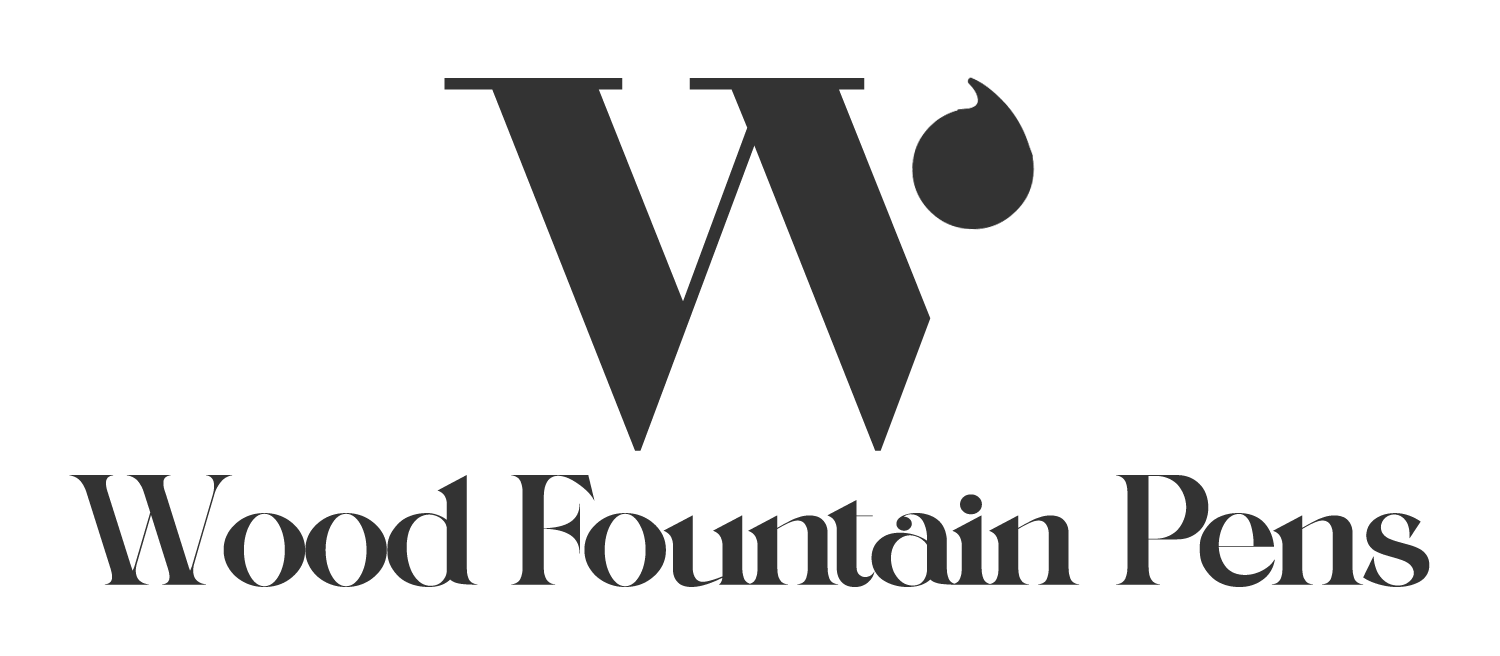
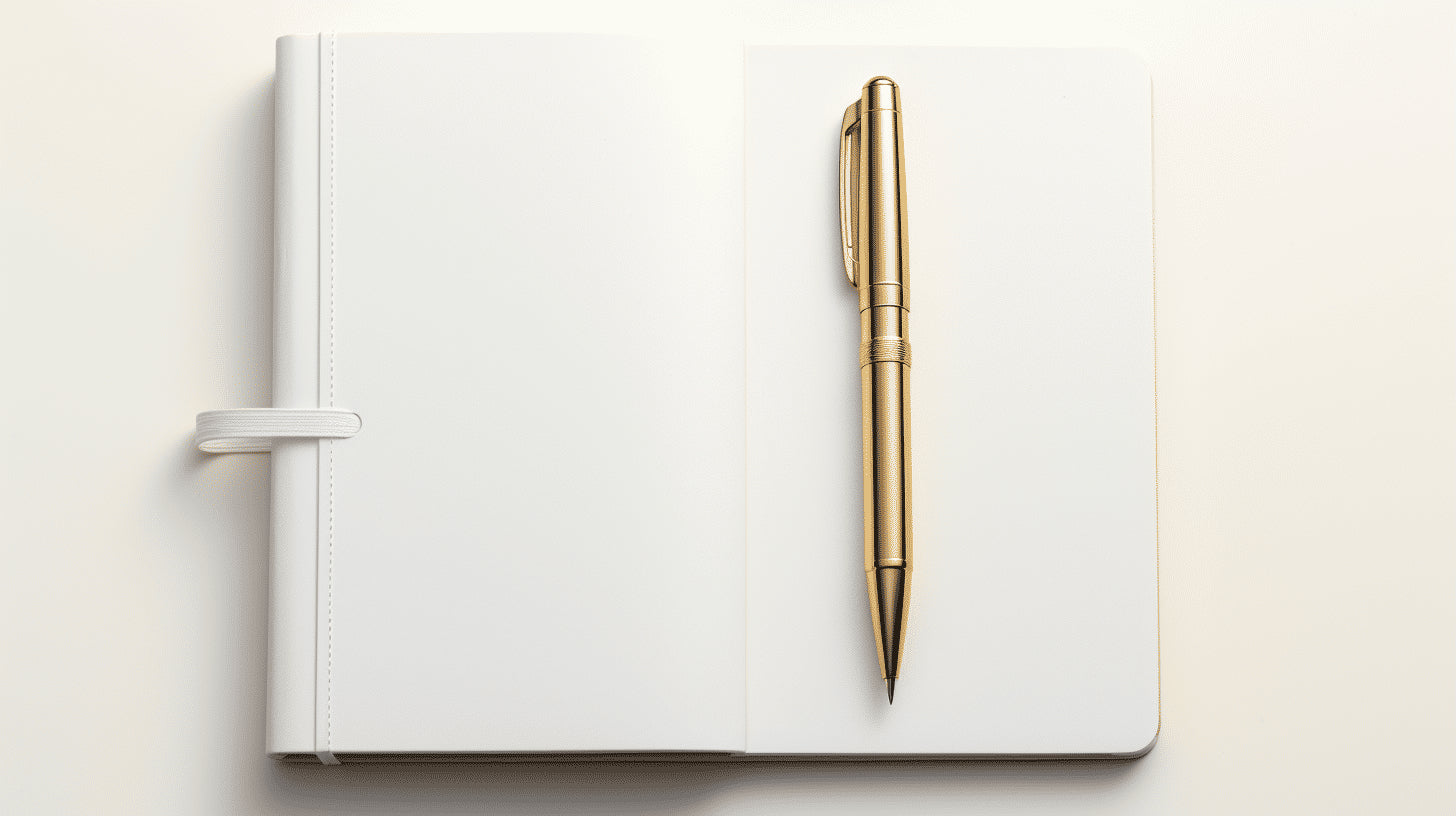
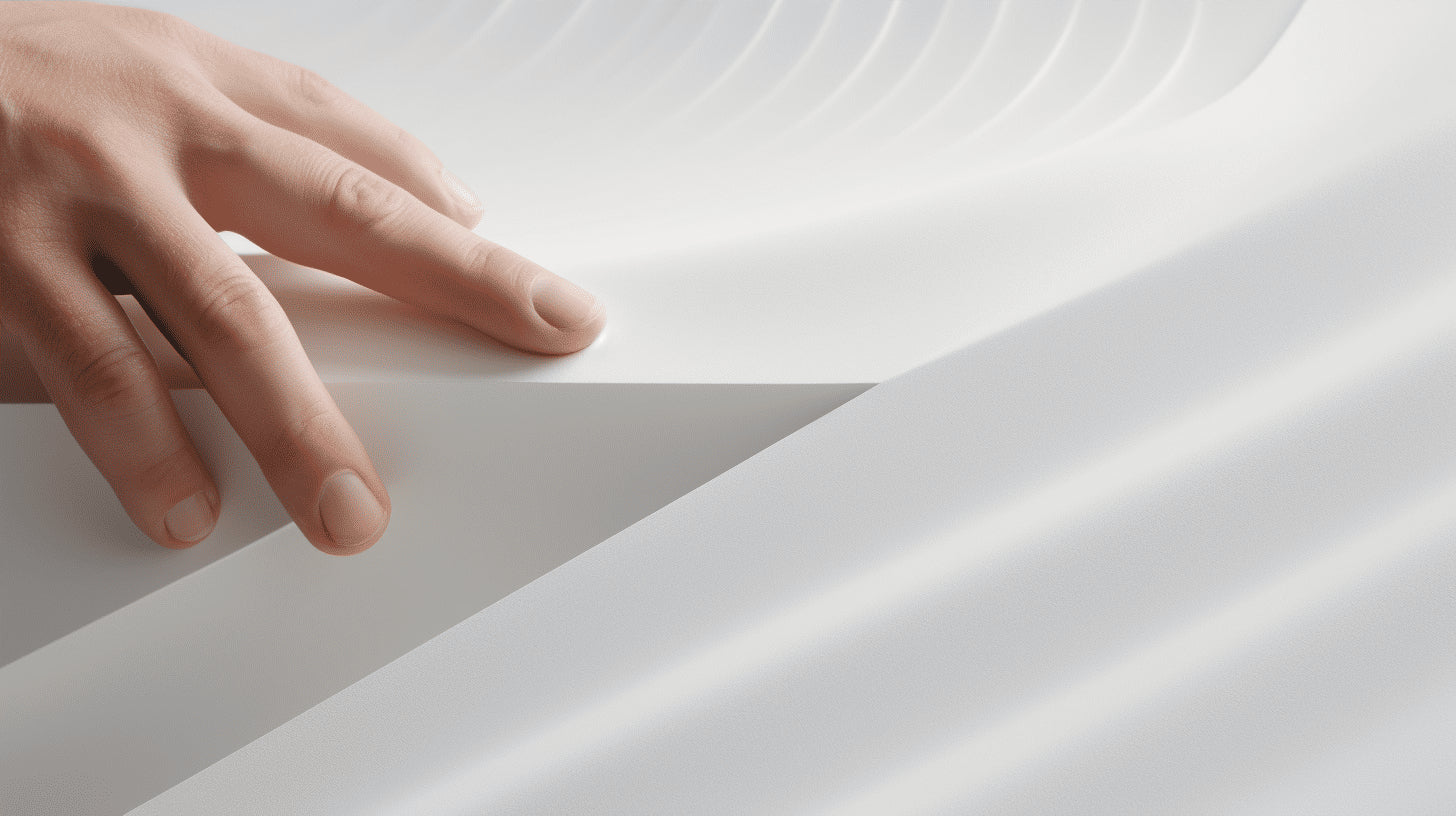
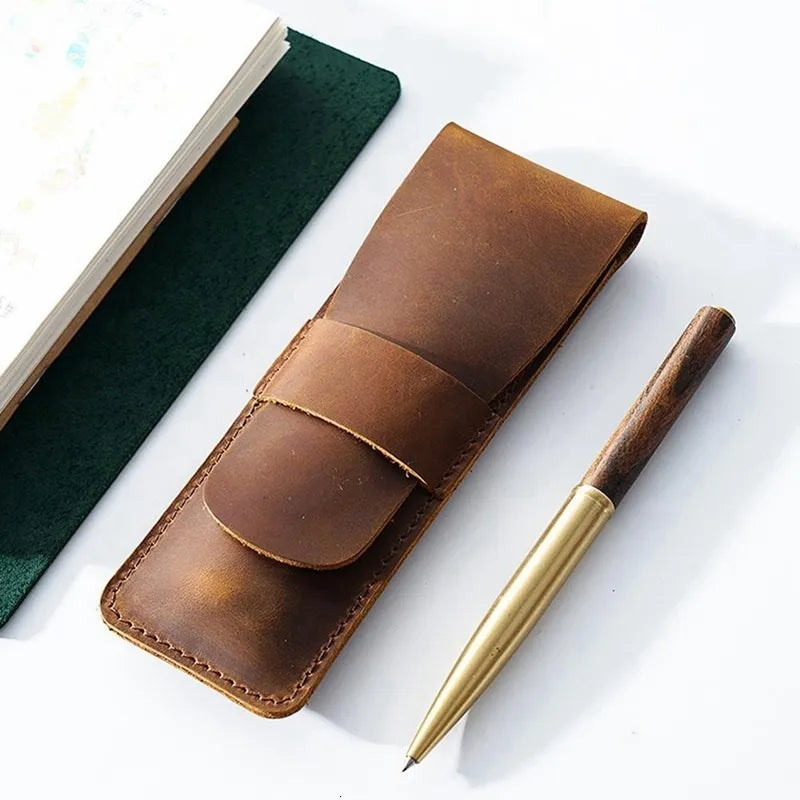
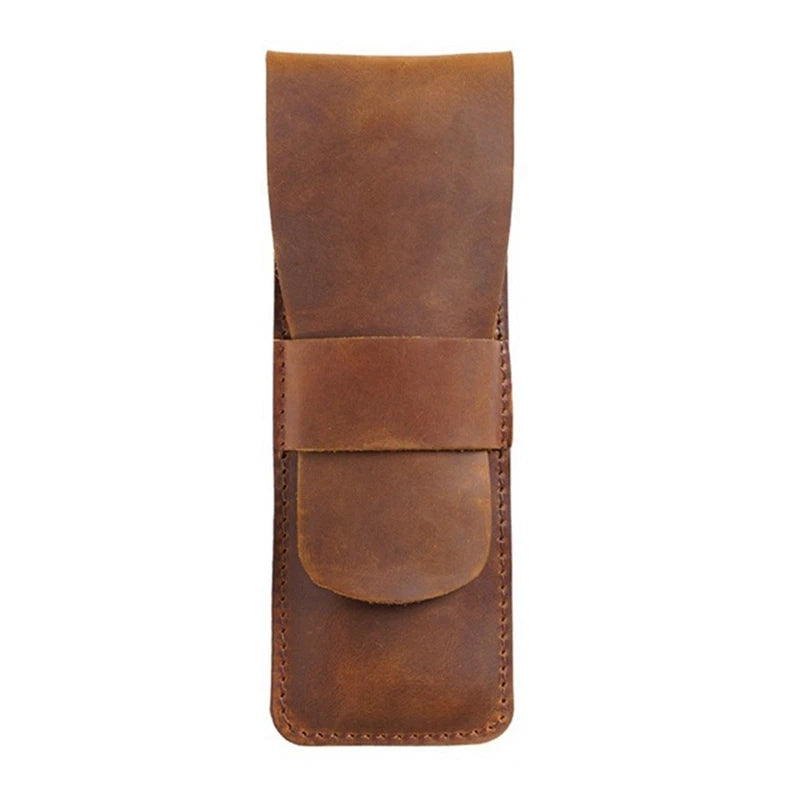
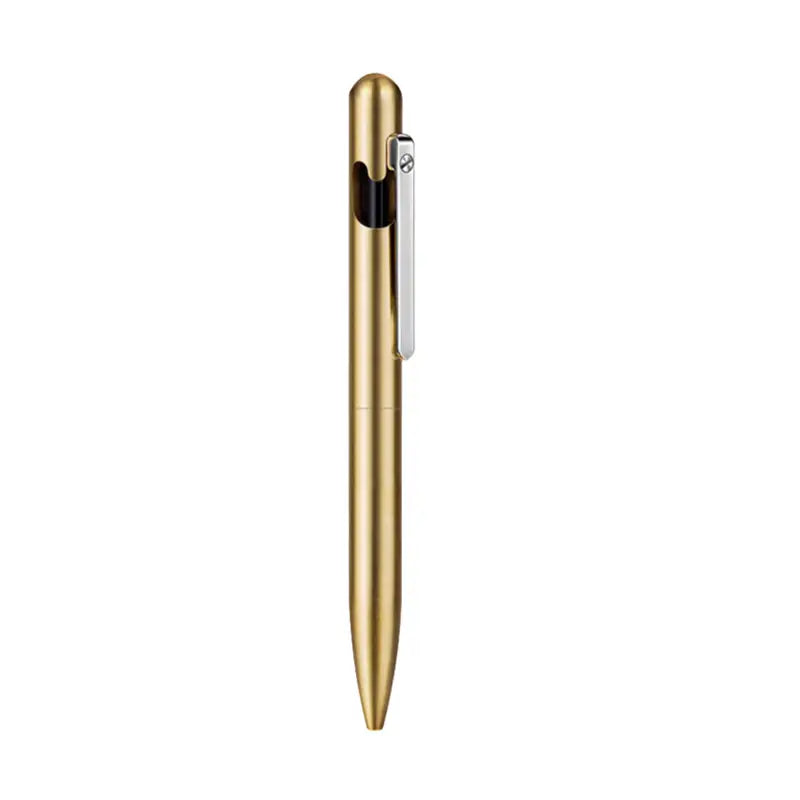
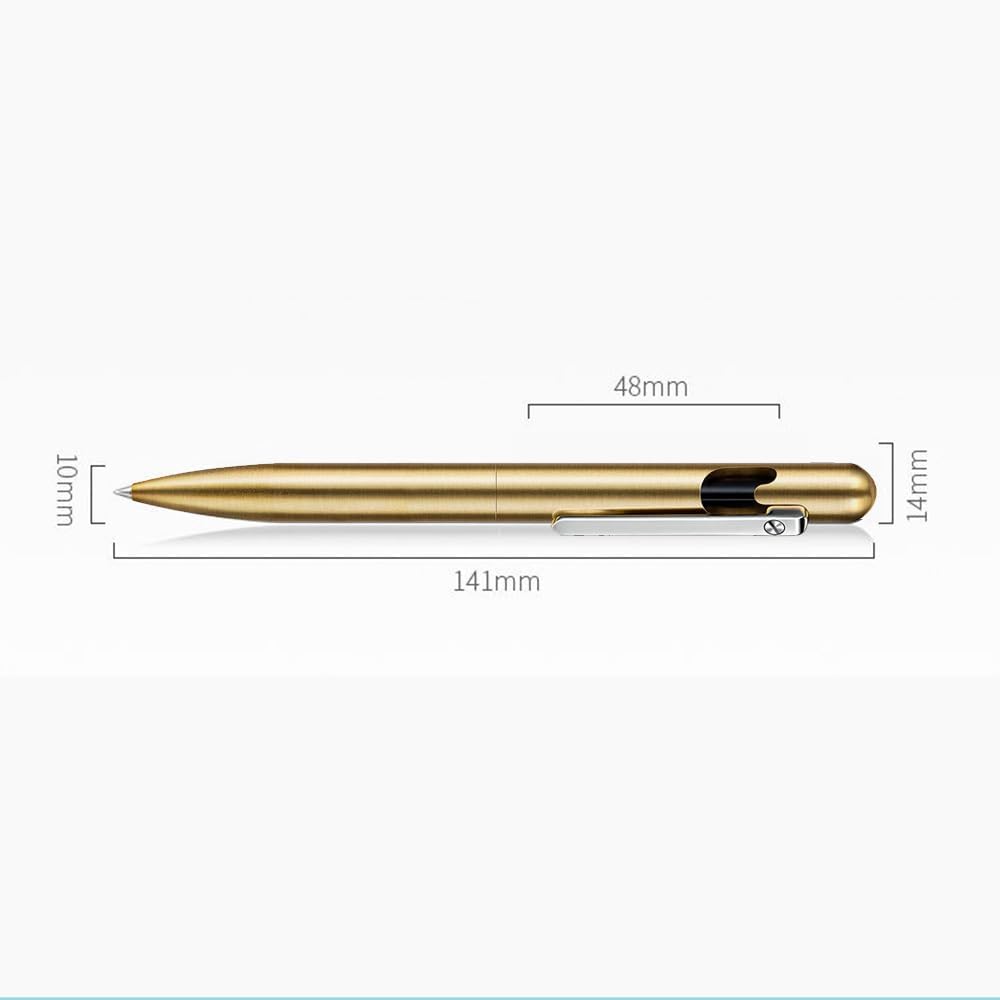
Leave a comment
This site is protected by hCaptcha and the hCaptcha Privacy Policy and Terms of Service apply.